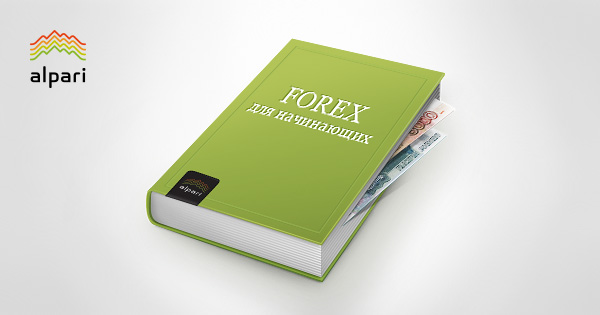Exchange rates are one of the most watched and analysed economic measures across the world and are a key indicator of a country's economic health. The exchange rate can be defined as the rate at which one country's currency may be converted into another. Rates are not just important to governments and large financial institutions. They also matter on a smaller scale, having an impact on the real returns of an investor's portfolio.
There are several forces behind exchange rate movements and it is useful to have a basic understanding of how these affect one country's trading relationship with other countries. Strong currencies make a nation's exports more expensive and imports from foreign markets cheaper, whereas weaker currencies make exports cheaper and imports more expensive. Higher exchange rates adversely affect a country's balance of trade but lower exchange rates have a positive effect on it. This article looks at 7 of the main factors that cause changes and fluctuations in exchange rates and outlines the reasons for their volatility.
Common Factors Affecting Exchange Rates
-
Inflation Rates
Changes in inflation cause changes in currency exchange rates. Generally speaking, a country with a comparatively lower rate of inflation will see an appreciation in the value of its currency. The price of goods and services increases at a slower rate when inflation is low. Countries with a continually low inflation rate exhibit an increasing currency value, whereas a country with higher inflation typically experiences depreciation of its currency and this is usually accompanied by higher interest rates.
-
Interest Rates
Interest rates, inflation and exchange rates are all correlated. Central banks can influence both inflation and exchange rates by manipulating interest rates. Higher interest rates offer lenders a higher return compared to other countries. Any increase in a country's interest rate causes its currency to increase in value as higher interest rates mean higher rates to lenders, thus attracting more foreign capital, which in turn, creates an increase in exchange rates.
-
Recession
In the event a country's economy falls into a recession, its interest rates will be dropped, hindering its chances of acquiring foreign capital. The consequence of this is that its currency weakens in comparison to that of other countries, thereby lowering the exchange rate.
-
Current Account/Balance of Payments
A country's current account reflects its balance of trade and earnings on foreign investment. It comprises of the total number of transactions including exports, imports and debt. A deficit in its current account comes as a result of spending more of its currency on importing products than through exports. This has the effect of lowering the country's exchange rate to the point where domestic goods and services become cheaper than imports, thereby generating domestic sales and exports as the goods become cheaper on international markets.
-
Terms of Trade
Terms of trade relate to a ratio which compares export prices to import prices. If the price of a country's exports increases by a higher rate than its imports, its terms of trade will have improved. Increasing terms of trade indicate a greater demand for a country's exports. This, in turn, results in an increase in revenue from exports which has the effect of raising the demand for the country's currency and an increase in its value. In the event the price of exports rises by a lower rate than its imports, the currency's value will decline in comparison to that of its trading partners.
-
Government Debt
Government debt is public debt or national debt owned by the central government. Countries with large public deficits and debts are less attractive to foreign investors and are thus less likely to acquire foreign capital which leading to inflation. Foreign investors will forecast a rise government debt within a particular country. As a result, a decrease in the value of this country's exchange rate will follow.
-
Political Stability and Performance
A country's political state and economic performance can affect the strength of its currency. A country with a low risk of political unrest is more attractive to foreign investors, drawing investment away from other countries perceived to have more political and economic risk. An increase in foreign capital leads to the appreciation in the value of the country's currency, but countries prone to political tensions are likely to see a depreciation in the rate of their currency.
All of the factors described above determine foreign exchange rate fluctuations and the exchange rate of the currency in which an investor's portfolio holds the majority of its investments determines its real return. A declining exchange rate thus decreases the purchasing power of income and capital gains derived from any returns. Overall, exchange rates are determined by many complex factors and although these cannot always be easily explained, it is important for investors to have some understanding of how currency values and exchange rates play a key role both in the economy and in the rate of return on their investments.
